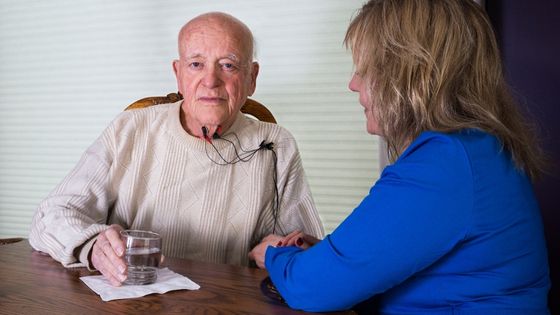Issues with swallowing foods or liquids are a fairly common problem for people who are elderly or for those who have recently suffered from a stroke or have a neurodegenerative disorder such as Parkinson’s or multiple sclerosis.
Known as dysphagia, if left untreated or not properly managed, this disorder may cause malnutrition, dehydration, or even aspirational pneumonia. So, if you are caring for an elderly person who has been diagnosed with dysphagia, you will need to know how best to manage it to help them stay at a healthy weight, energetic, and, of course, healthy!
So, here are 5 of the best ways you can help an elderly person who has dysphagia.
Diet Plans
Following a diagnosis of dysphagia, depending on the type, the doctors and neurologists will have put in place a dietary plan in place.
This will ensure that they get enough calories, vitamins, and minerals to help them stay at a healthy weight and to prevent secondary issues. There are also organizations based around these food types, such as the SimplyThick organization who have created thickeners to help those who have dysphagia consume enough calories. So, always be on the lookout for foods that conform with the dietary plan and aim to note any foods that the person you are caring for is having issues eating.
Avoid Straws
It is generally not a good idea for people who have a diagnosis of dysphagia to use straws. If someone has issues drinking, it may seem the straw would be beneficial, but it is actually more likely to increase the flow of liquid into the mouth, which can be tougher for your loved one to swallow if they have weakened muscles. This can lead to choking or aspiration, so aim to ensure that they gently sip at their beverages and take their time.
Sit Upright
People who have dysphagia need to sit completely upright when eating or to drink food, as gravity plays a large part overall in helping food and drink go down successfully. If you are caring for somebody who is laying in a hospital bed, in a wheelchair, or spends time in a recliner, this will need to be adjusted when they are eating, and you may need to hold their head up.
Stay Hydrated
Hydration is important for health, especially when providing care for an older adult, and considering dysphagia, a lot of the foods and drinks will need to be thickened to add nutrition. Drinking thickened liquids takes longer and can be more draining for bodily fluids, so you will need to manage the healthy hydration of the person you are caring for.
Small Meals
If somebody has dysphagia symptoms that have come along after chronic illnesses such as Parkinson’s or multiple sclerosis, extreme fatigue and weakness can make eating for more than 15 minutes very hard. Aim to spread the amount of food and drink that your loved one has throughout the day into smaller increments. This will help them to stay hydrated and energized without causing fatigue or exhaustion.

















